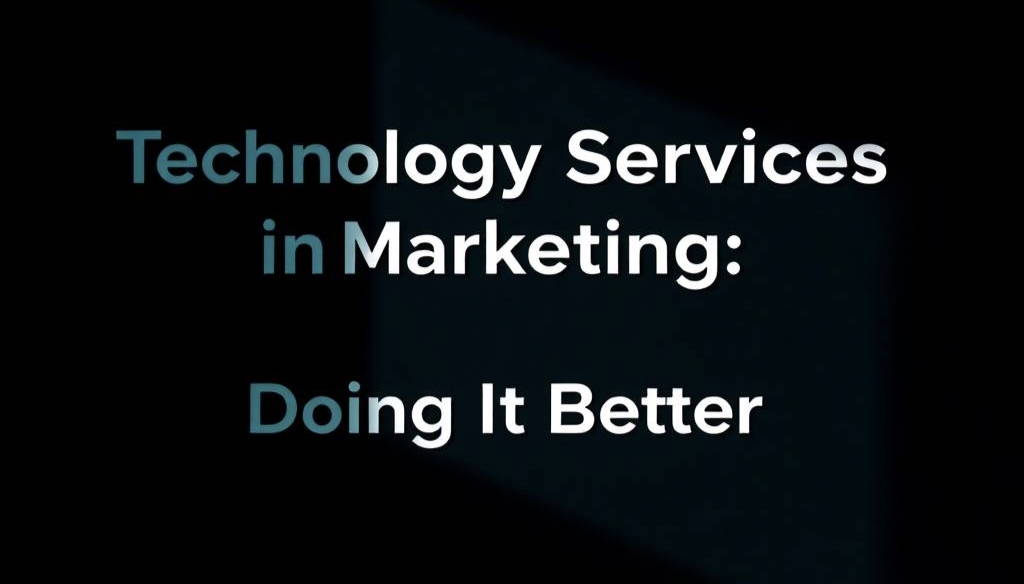In today’s digital-first world, the fusion of technology and marketing is no longer optional—it’s essential. Businesses that once relied solely on traditional methods now turn to advanced technology services to reach, engage, and convert customers more efficiently. But with so many tools available, how can brands ensure they’re using technology not just adequately, but better?
The Evolution of Marketing Through Technology
Marketing has evolved from simple print ads and TV commercials to a data-driven, highly personalized experience powered by technology. From CRM platforms and email automation to AI-driven analytics and chatbot services, the marketing toolbox has never been more powerful.
Key Technology Services Transforming Marketing
- Customer Relationship Management (CRM) Systems
Platforms like Salesforce, HubSpot, and Zoho allow businesses to track customer interactions, segment audiences, and automate follow-ups. By centralizing customer data, marketers can create highly targeted campaigns based on real behavior, not just assumptions.
- Marketing Automation
Tools such as Mailchimp, ActiveCampaign, and Marketo enable automated email campaigns, lead nurturing sequences, and personalized messaging. This ensures timely communication with potential buyers, increasing the chances of conversion.
- Artificial Intelligence (AI) & Machine Learning
AI is revolutionizing marketing by analyzing vast amounts of data in seconds. It helps predict consumer behavior, optimize ad targeting, and even create content. Chatbots, voice assistants, and recommendation engines are some examples of AI in action.
- Data Analytics & Insights
Services like Google Analytics, SEMrush, and Tableau help marketers understand what’s working and what’s not. Data-driven decisions eliminate guesswork and improve ROI.
- Social Media Management Tools
Platforms such as Hootsuite, Buffer, and Sprout Social allow marketers to schedule posts, track engagement, and manage customer interactions across channels from one dashboard. This saves time and ensures consistent messaging.
- Search Engine Optimization (SEO) Services
SEO tools and services help websites rank higher on search engines, driving organic traffic. Technologies that provide keyword insights, backlink analysis, and performance tracking are critical for modern SEO strategies.
Doing It Better: Best Practices
- Integrate Your Tools
Siloed tools create confusion and inefficiency. Ensure your CRM, email marketing, and analytics platforms communicate with each other for a seamless marketing workflow.
- Focus on Personalization
Use data to personalize every touchpoint, from emails to web experiences. Personalized marketing improves engagement and builds customer loyalty.
- Stay Updated
Marketing technologies evolve rapidly. Regularly review your tools and strategies to keep pace with innovations like generative AI, voice search optimization, and hyper-personalized content delivery.
- Measure Everything
Leverage analytics to track every campaign’s performance. Understand which strategies yield the best results and double down on them.
- Security and Compliance
As data usage increases, so do privacy concerns. Ensure your marketing technology stack complies with GDPR, CCPA, and other relevant regulations.
Final Thoughts
Technology services in marketing are not just about automation—they’re about creating smarter, faster, and more meaningful connections with your audience. The brands that succeed today are those that embrace technology not just as a tool, but as a strategic partner in delivering better marketing.
Invest wisely, stay informed, and continuously optimize—because in the digital age, marketing better means marketing smarter.



